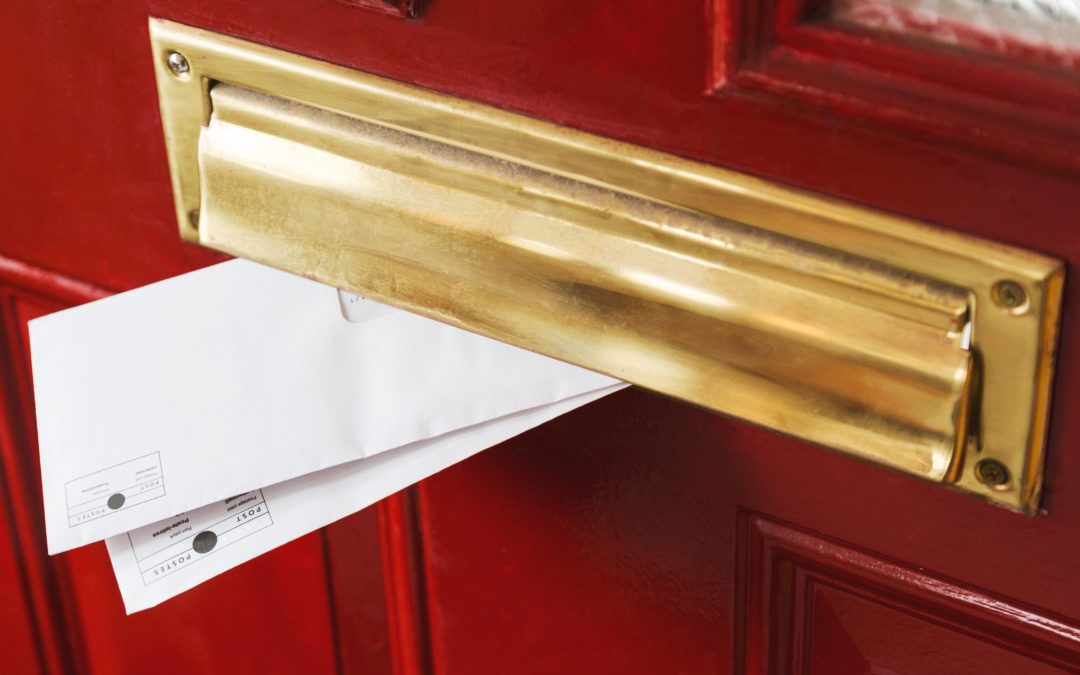This year, more people are receiving letters from the IRS than usual. Many of these letters are a result of the closed IRS offices during the first part of the pandemic. If you’ve received a letter, you likely have quite a few questions. In this blog, I’ll try to ease your fears by telling you the steps you should take after receiving a letter.
Step 1: Don’t Panic
First off, don’t assume the letter contains terrible news. Take a breath and then send a copy of it to your tax preparer so they can interpret it for you and guide you in your response.
Step 2: Pay Attention to the Subject of the Letter
If the letter says you owe taxes plus penalties and interest and you already paid the taxes, check your bank account.
- If you mailed a check and the check has not cleared your bank, it may be one of the many unopened letters the IRS received while the offices were shut down. Do not put a stop payment on the check. Your tax preparer can guide you in formulating a letter to the IRS with the information on when you mailed the payment and to which office.
- If the payment has already cleared your bank, request documentation from your bank for proof of payment. Rather than responding to the letter immediately, first set up an account at www.irs.gov to check your taxes due and payments made. If your account shows that the payment was received, you will not need to respond to the letter. You may receive an additional letter from the IRS showing zero balance due. See below for instructions on setting up the account.
- If the payment has cleared your bank and your account on www.irs.gov doesn’t reflect the payment, ask your tax preparer to help you prepare a letter to send to the IRS. You will need to send documentation that the payment cleared your bank, such as a copy of the canceled check.
- If the letter says they need additional information in order to process your return, work with your tax preparer to gather the required documents and submit the information needed.
Step 3: Respond Within the Time Period Requested in the Letter
Most letters from the IRS have a time period in which you need to respond. If you don’t respond within the time period, you are basically acknowledging that the IRS is correct, and you will be expected to pay any balance due in the letter.
How to Set Up Your Account on the IRS Website
- Go to www.irs.gov.
- Click on “View Your Account.”
- Click on “Create or view your account.”
- Click on “Create Account.”
- Follow the directions and answer all questions.
- Items/information you will need:
- Information from a filed tax return. If you have recently moved, you will need to use the address on your last filed tax return.
- To verify your identity, you will also need a number from ONE of the following:
- Last 8 digits of Visa, Mastercard, or Discover credit card OR
- Student loan OR
- Mortgage or home equity loan OR
- Home equity line of credit OR
- Auto loan
- An additional verification is to send a code to your cell phone by text message. Your phone has to be a U.S. based phone number associated with your name. If your phone plan is under someone else’s name, the IRS will send a letter to the mailing address they have on file for you.
- Once you have this set up, you will have full access to your account and can see the following:
- Any balance due.
- Payments you have made.
- You will also be able to request a transcript of your tax return.
Getting a letter from the IRS can be frightening. However, once you know the right steps to take, you can eliminate fear of the unknown and develop a solid plan of action alongside your tax preparer. Have more questions about an IRS letter you’ve received? Please reach out so we can talk more!
Judith Ackland has more than 26 years of experience in accountancy and financial planning, including seventeen years as a CFO of a diverse business. She started Crystal Financial in 2010 to help a wide array of individuals, families, and business owners better understand their finances and how good financial management could help them achieve their goals. Judith has an MA in Professional Accountancy from the University of Nebraska at Lincoln as well as a Certified Public Accountant Certificate and a Certified Financial Planner designation.

